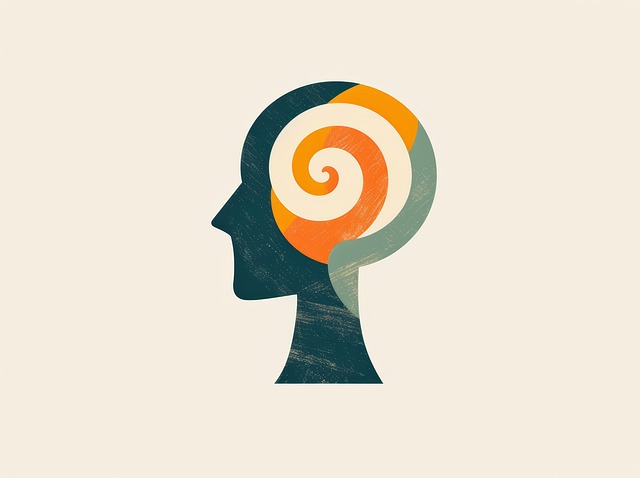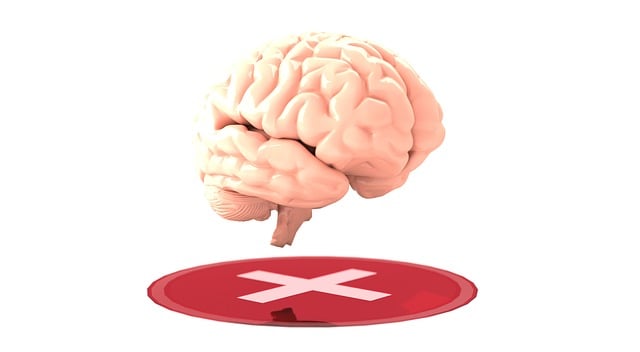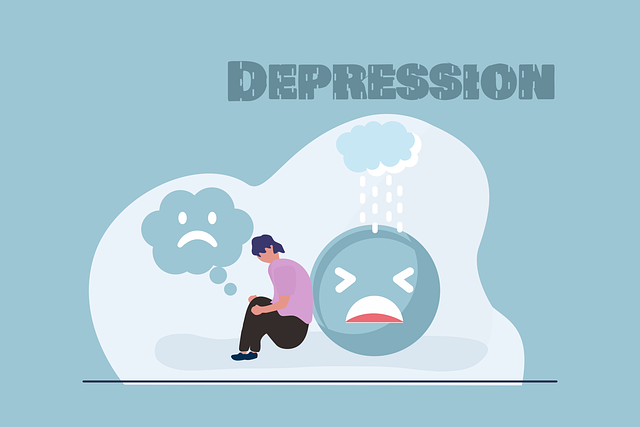Centennial Chronic Illness Therapy offers a comprehensive mental health education program that demystifies conditions, breaks stigma, and promotes open conversations about emotional well-being. Through workshops, self-care routine development, recognition of warning signs, and mindfulness techniques, the program empowers individuals to manage chronic illnesses. Integrating a Mental Wellness Podcast Series Production provides accessible content with expert insights and real-life stories. Regular risk assessments and adaptive teaching methods ensure safe environments and lasting benefits, fostering supportive communities and encouraging help-seeking behaviors.
“Uncovering the power of education in mental health management, this article delves into the strategic design of comprehensive programs. From establishing a solid understanding of mental well-being to crafting engaging curricula, we explore effective strategies.
We present a structured approach, offering insights on program creation and implementation, specifically tailored for institutions like Centennial Chronic Illness Therapy, aiming to enhance long-term patient outcomes through education.”
- Understanding Mental Health: Building a Foundation for Education
- Program Structure and Content: Creating an Engaging Curriculum
- Implementation and Evaluation: Ensuring Long-Term Impact at Centennial Chronic Illness Therapy
Understanding Mental Health: Building a Foundation for Education

Understanding mental health is a foundational step in designing effective educational programs. It involves demystifying various conditions, breaking down stigma, and promoting open conversations about emotional well-being. This includes educating participants on common mental health issues like anxiety, depression, and stress, their causes, and available support systems. At Centennial Chronic Illness Therapy, we emphasize the importance of early intervention and prevention through comprehensive mental wellness workshops.
A robust mental health education program should equip individuals with knowledge about self-care routine development for better mental health. It should also foster skills to recognize warning signs in themselves and others, encouraging proactive measures like engaging in regular exercise, maintaining a balanced diet, and practicing mindfulness techniques. Additionally, integrating a Mental Wellness Podcast Series Production can provide accessible, engaging content, offering expert insights and real-life stories that resonate with learners. Furthermore, training mental health professionals on thorough risk assessment processes ensures they can create safe environments and offer appropriate interventions.
Program Structure and Content: Creating an Engaging Curriculum

A well-structured mental health education program is essential for fostering a supportive environment that encourages open dialogue and empowers individuals to take charge of their well-being, especially in managing chronic illnesses. At Centennial Chronic Illness Therapy, we understand the significance of tailored curriculum design. An engaging curriculum should seamlessly integrate various components, such as theoretical knowledge, interactive workshops, and practical skills training, to cater to diverse learning styles and needs.
The program content should cover a range of topics, including emotional regulation strategies, empathy-building exercises, and mental health awareness campaigns. By incorporating these elements, participants gain valuable insights into their emotions and the emotions of others, fostering a sense of connection and understanding. Such initiatives contribute to creating a supportive community where individuals feel heard and encouraged to seek help when needed.
Implementation and Evaluation: Ensuring Long-Term Impact at Centennial Chronic Illness Therapy

At Centennial Chronic Illness Therapy, the implementation of a comprehensive mental health education program requires careful planning and ongoing evaluation to ensure its long-term impact. The therapy center recognizes that addressing mental illness stigma reduction efforts is pivotal to fostering an inclusive environment where individuals can openly discuss their challenges. Through interactive workshops and educational sessions, the program aims to equip participants with effective stress management techniques and communication strategies, empowering them to navigate daily life more effectively.
Regular assessments and feedback mechanisms are integrated into the curriculum to gauge the program’s effectiveness. This includes pre-post surveys to measure knowledge gain, skills development, and changes in attitudes towards mental health. By collecting such data, Centennial Chronic Illness Therapy can identify areas for improvement, adapt their approach as needed, and ultimately enhance the overall success of the initiative, ensuring that participants continue to benefit from the program’s positive impact long after completion.
Mental health education programs, such as those implemented at Centennial Chronic Illness Therapy, play a pivotal role in fostering well-being and resilience. By combining comprehensive curriculum design with strategic implementation and evaluation, these programs can have lasting impacts on individuals and communities. Through “Understanding Mental Health,” building a strong foundation, and structuring engaging content, initiatives like these empower people to navigate their mental health journeys effectively. Continuous assessment ensures the program’s success and adaptability, ultimately enhancing overall well-being in our society.













